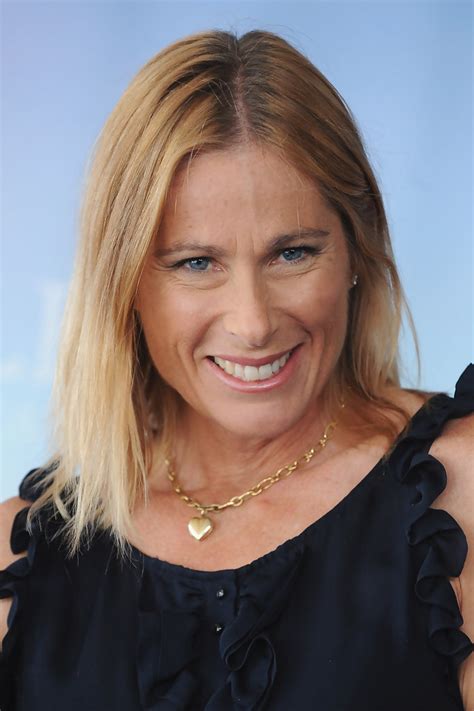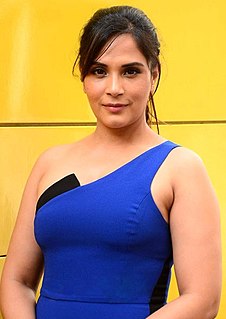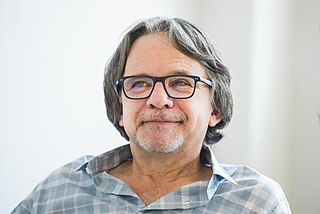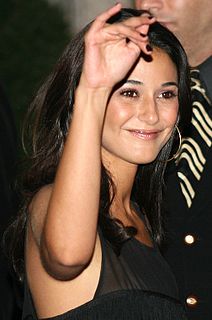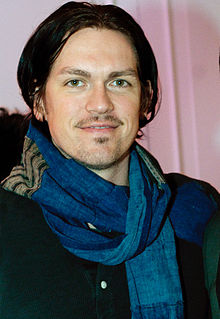A Quote by Paul Haggis
The worst thing you can do to a filmmaker is to walk out of his film and go, 'That was a nice movie.' But if you can cause people to walk out and then argue about the film on the sidewalk... I think we're all seeking dissension, and we love to affect an audience.
Related Quotes
I'm in the film industry, and I very seldom go to the theater now. It could be work, not being in New York, that sort thing - because in New York, you do go to theaters; you can walk to a theater and then walk to a restaurant. But in places you have to drive out to the cineplex to see a movie, it's starting not to be worth it anymore. It's like the days when you went to get a book at the public library. You don't have to do that anymore. You just go on your iPad and all of a sudden you're reading The Duchess of Malfi.
I think the biggest challenge was being aware of a certain audience that was going to see this film [lone survivor]. There's a big difference from a typical movie, journalists and critics and film goers that go see it find that, that's the general experience you have as a filmmaker. So that just kind of proves my point that there's a really different audience.
When I don't feel like working out, lifting weights or doing serious cardio, the best thing for me to do is just go on the treadmill and walk. I walk and listen to music and 10 minutes will go by, then 15, and then I'll speed up a bit. Once my blood really starts flowing, I'll get a second wind and then I want to work out.
I think that's true of all cinema, that's why cinema is the great humanistic art form. Whatever the film is, it doesn't matter what the film is about, or even whether it's a narrative or figurative film at all, it's an invitation to step into somebody else's shoes. Even if it's the filmmaker's shoes filming a landscape, you go into somebody else's shoes and you look out of their lens, you look out of their eyes and their imagination. That's what going to the pictures is all about.
Well, there's two things I have criteria for doing a film: The script, which is the story, and the filmmaker, and it's a filmmaker's medium. I like really strong directors, and so when I do a film, I'm out there to serve the director, really, which is in turn to serve the script, to serve the director cause he's the one making the film. I relied on Todd Haynes for that.
The first thing I say when people ask what's the difference [between doing TV and film], is that film has an ending and TV doesn't. When I write a film, all I think about is where the thing ends and how to get the audience there. And in television, it can't end. You need the audience to return the next week. It kind of shifts the drive of the story. But I find that more as a writer than as a director.


